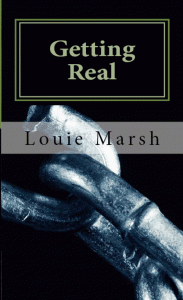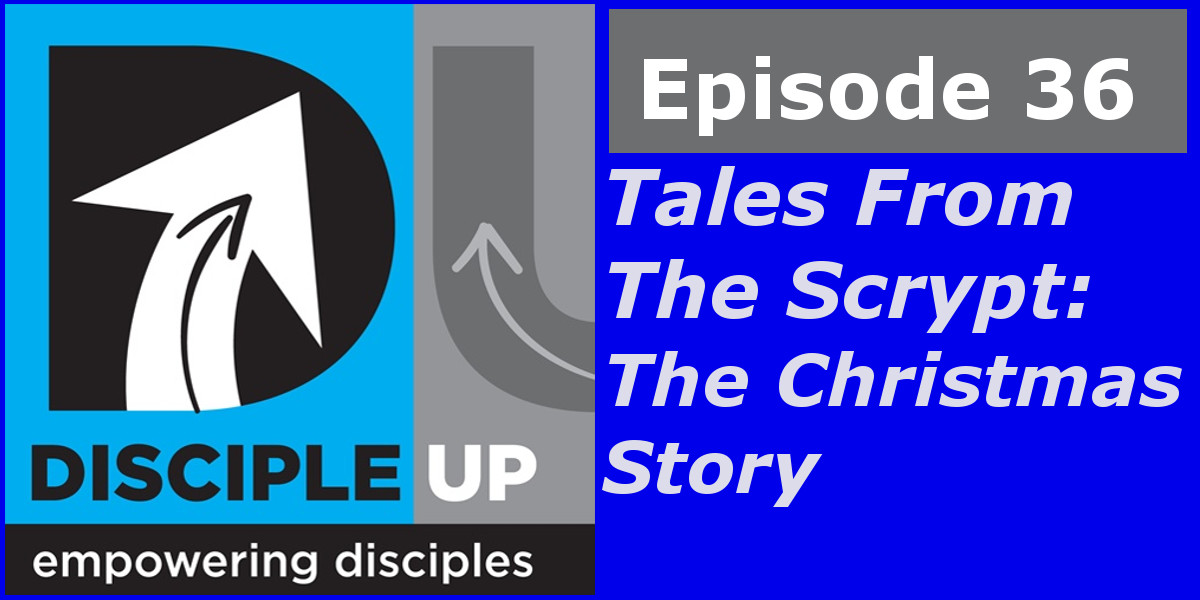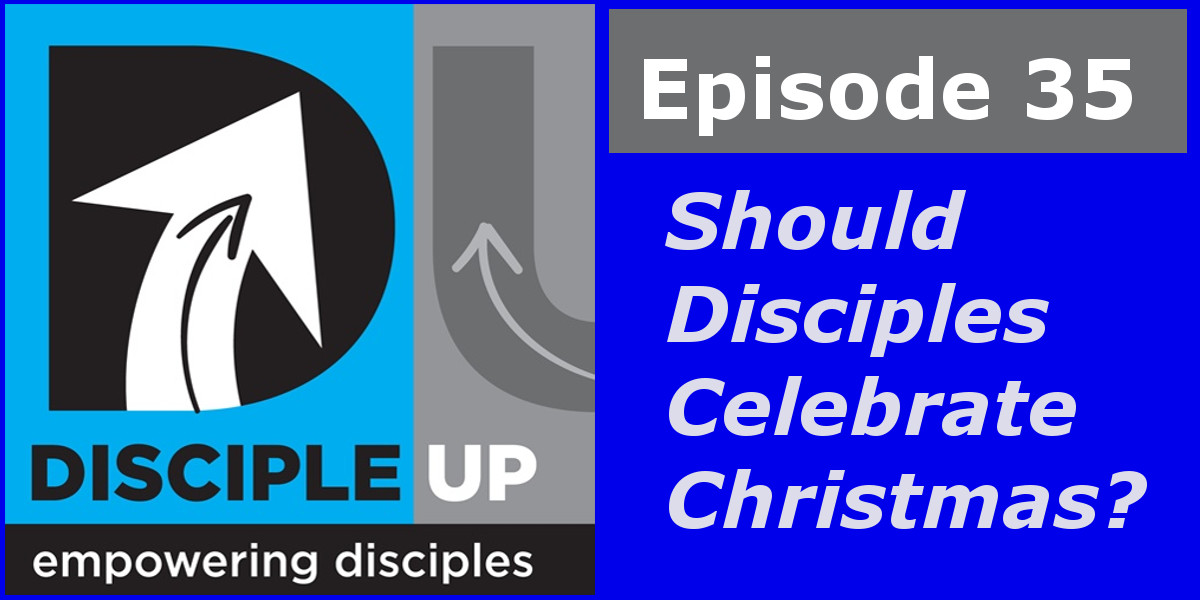Disciple Up # 34
What Is Christmas Anyway?
By Louie Marsh, 12-6-2017
HISTORY:
The first recorded date of Christmas being celebrated on December 25th was in 336, during the time of the Roman Emperor Constantine (he was the first Christian Roman Emperor). A few years later, Pope Julius I officially declared that the birth of Jesus would be celebrated on the 25th December.
Info from the book Christmas: A Biography, by Judith Flanders.
Flanders begins her biography of Christmas with the early church observances of Christ’s nativity, where the name and calendar date of the holiday have their beginnings. But she insists that the role of religion is often overemphasized in accounts of the holiday’s origin. Independently of the Christian holiday, midwinter celebrations had long been held in Greek, Roman, British, and Germanic lands. From the start, there was never one Christmas. Instead, Christmas has always meant many things.
The modern observance of Christmas—marked by familial, commercial, nostalgic, sentimental, and religious elements—began to take shape in the late 18th century. Consider the Philadelphia Quaker Elizabeth Drinker, who kept a diary throughout the second half of the 1700s. Her earliest entries show that she, like her fellow Quakers, did not initially recognize or partake in the holiday. Over the next 20 years, we find spotty references to the activities of neighbors on “Christmass, so call’d.” But by the end of the century, we see her shamelessly celebrating with family dinners and visits from friends. Christmas, so it seems, sort of crept up on her.
by the late 1700s, as Elizabeth Drinker was writing in her diary, the old practices were already giving way to new traditions, such as decorating the home with holly, ivy, and kissing boughs made of mistletoe. The first decorated indoor Christmas tree appeared as early as 1605 in Strasbourg, France, but the practice only attained widespread popularity in the late 1700s and early 1800s. Indoor trees came with particular perils to the host home since they would be fitted with candles to be lit on Christmas Eve. The effect was both delightful and dangerous.
Gift-giving was not new to the modern age. The old practice followed the expectations of hierarchal protocol—social superiors gave Christmas boxes and monetary tips to their employees, servants, and various tradespeople. At the other end of the social scales, tenants offered fowl and fresh meat to their landlords. Such hierarchical gifts punctuated differences in social and economic status. But, by the early 19th century, gift-giving began to soften with the new emphasis on home and family. Parents gave to their children presents of books, nuts, wood-carved toys, and ribbons.
Around the same time, newly popularized carols spread from Germany to England, France, and the Americas. The habit of young carousers wassailing from door to door for money or mead gave way to church choirs and neighborhood caroling groups. Lyrics concomitantly shifted from making merry and imbibing deeply to Christ’s birth and wistful domesticity. In Flanders’s words, the new tradition “took what was secular and made it religious; and, most importantly, took what was working class and of the street and made it middle-class and of the hearth and home.”
Take Christmas cards, for example. An invention of the mid-19th century, the first card printed in the United States illustrated Santa Claus with a family opening gifts. The holiday message read, Pease’s Great Varety [sic] Store in the Temple of Fancy. The card was nothing more than a commercial advertisement. A survey of the more than 100,000 cards in circulation before 1890 reveals that religious images, such as the Nativity scene, appeared on extremely few. The majority featured “holly, mistletoe and Christmas pudding, Father Christmas or Santa, Christmas trees, bells and robins, food and festivity.” Biblical or religious themes on holiday cards were numerically “insignificant.”
Christmas is the spirit of giving without a thought of getting. It is happiness because we see joy in people. It is forgetting self and finding time for others. It is discarding the meaningless and stressing the true values. Thomas S. Monson
Christmas is a season not only of rejoicing but of reflection. Winston Churchill
Christmas waves a magic wand over this world, and behold, everything is softer and more beautiful. Norman Vincent Peale
Christmas is the season of joy, of holiday greetings exchanged, of gift-giving, and of families united. – Norman Vincent Peale
Christmas is joy, religious joy, an inner joy of light and peace. Pope Francis
Christmas is doing a little something extra for someone. Charles M. Schulz
Don’t let the past steal your present. This is the message of Christmas: We are never alone. Taylor Caldwell
I don’t think Christmas is necessarily about things. It’s about being good to one another, it’s about the Christian ethic, it’s about kindness. Carrie Fisher
What Is Christmas Really All About?
What I hear all the time from Christians and non-Christians alike is that Christmas is all about family.
Don’t care how you answer the question.
But I’d love to know HOW you know that, or WHY you believe that.
I’m not criticizing or disagreeing, I’m asking an epistemological question. HOW to you know WHAT you know (or think you know at any rate).
but in your hearts honor Christ the Lord as holy, always being prepared to make a defense to anyone who asks you for a reason for the hope that is in you; yet do it with gentleness and respect, I Peter 3:15 (ESV)
The Disciple Up Low Down
Please Get In Touch!
Email – louie@discipleup.org





Check out the Disciple Up Facebook page:

My book –











